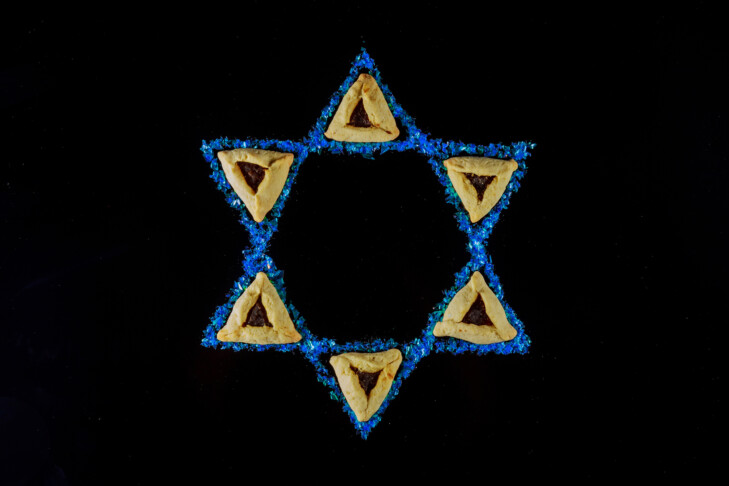A little over a year ago, right before COVID-19 became a major concern in the U.S., I visited MIT to check it out for grad school. The visit days were packed with activities; I met current grad students and other prospective students, listened to research seminars, met with professors and toured labs. As the weekend progressed, I felt anxiety building up. I was overwhelmed by my imposter syndrome; I worried that I wasn’t smart enough for MIT, that I wouldn’t find a research advisor who would be a good fit, that I would get lost among all the giants at MIT.
At some point during a lab tour that Friday, I spent 10 minutes crying in one of the labs. That night, when I came to MIT Hillel for Friday night services, suddenly all my anxiety and worries melted away. I felt a familiar and warm sense of comfort in knowing that I’m always welcome in the Jewish community and that I’ll always have a place there.
I grew up in an ultra-Orthodox community in Israel and attended Beit Yaakov schools for my primary and secondary education. My beliefs and practices shifted slightly as I matured and sought to find my place in Judaism, and I currently identify as modern Orthodox. Throughout that self-searching process, being part of a Jewish community and staying connected to the Jewish practices were highly important to me. Experiencing Friday night services and a Friday night meal with MIT Hillel was a comforting and grounding experience after the disorienting experience I had earlier during the visit day.
The month after my visit was full of deliberation as I was trying to decide which grad school to attend. I was torn between a few programs that offered excellent research opportunities and fabulous academics. Eventually, I chose MIT because of the Jewish community.
Moving to a new city and starting grad school can be an isolating experience in general, and even more so during a pandemic. During my fall semester, I had no connection to the Jewish community at MIT. The Jewish community that I had consisted of just myself and my roommates. During the Independent Activities Period session, I joined First Year Graduate Students (FYGS) hoping to meet Jewish students and form a community in the school that I chose because of its Jewish community. The interactive FYGS sessions were a wonderful way to be introduced to my Jewish peers in a relaxed and comfortable environment.
I met people from a diverse set of Jewish backgrounds, including a person named Rachel who had a similar upbringing to mine and attended Beit Yaakov schools like I did. We found friendship in bonding over our shared upbringing and comparing our Jewish journeys. We hosted a hamantaschen-baking event together as part of the FYGS program. I found the baking event especially meaningful. We shipped out a box with fun ingredients to the participants ahead of the event. During the Zoom event, the participants followed Rachel’s grandmother-in-law’s hamantaschen recipe for the dough and did their own thing for the fillings. It was exciting to see people get creative with their fillings and report their successful and unsuccessful experimental results.
I found the event to be a beautiful reflection of what the Jewish community at MIT is; we used the same set of ingredients and recipe for the dough, but used different approaches to kneading and shaping the dough and used unique fillings. Likewise, the MIT Hillel community consists of people who are all part of the same nationhood and history, but each person brings a personal and unique flavor to their Judaism. I’m excited and proud to be part of a community where a diverse set of uniquely Jewish flavors coexist and complement each other.
This post has been contributed by a third party. The opinions, facts and any media content are presented solely by the author, and JewishBoston assumes no responsibility for them. Want to add your voice to the conversation? Publish your own post here. MORE


